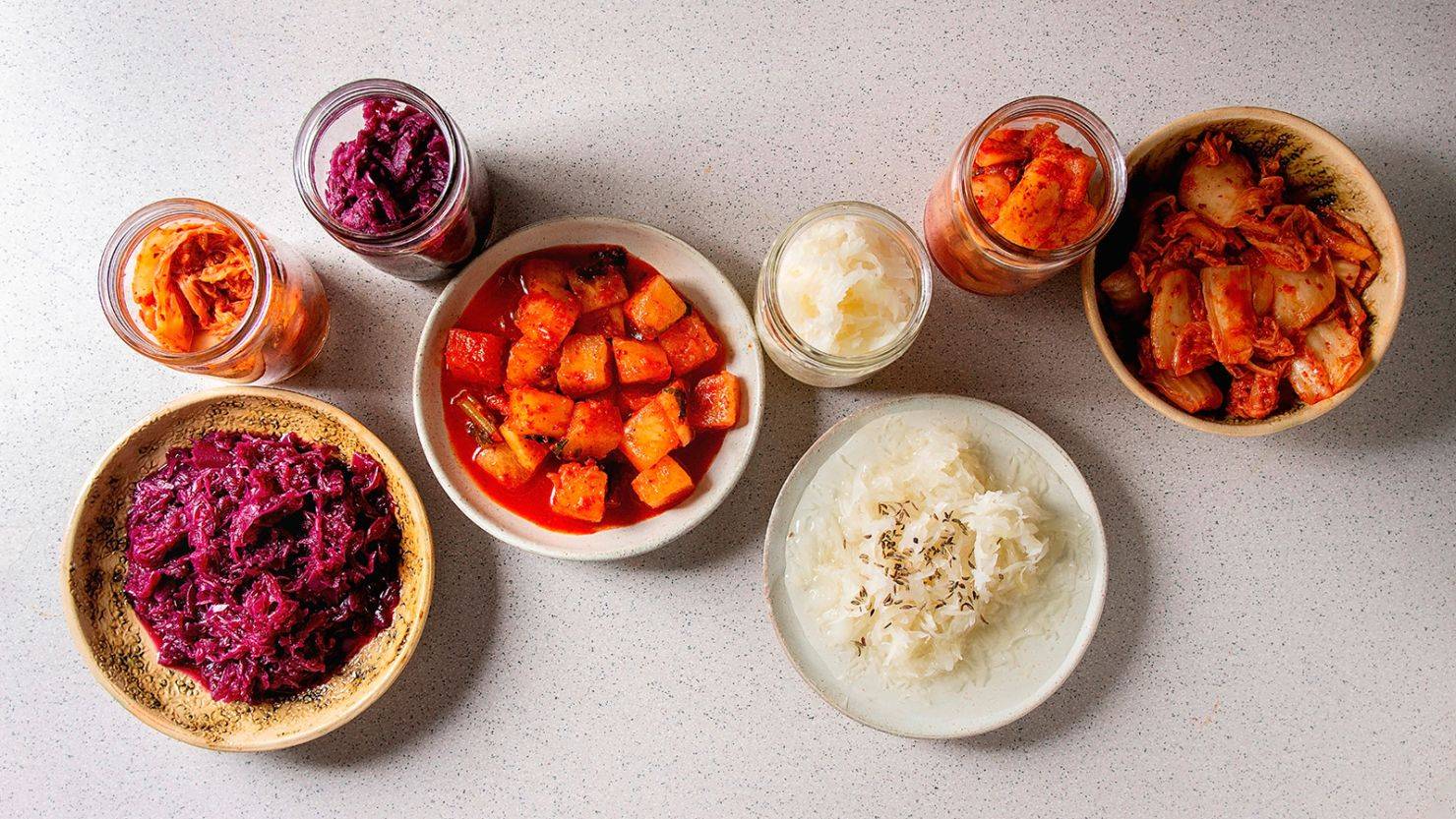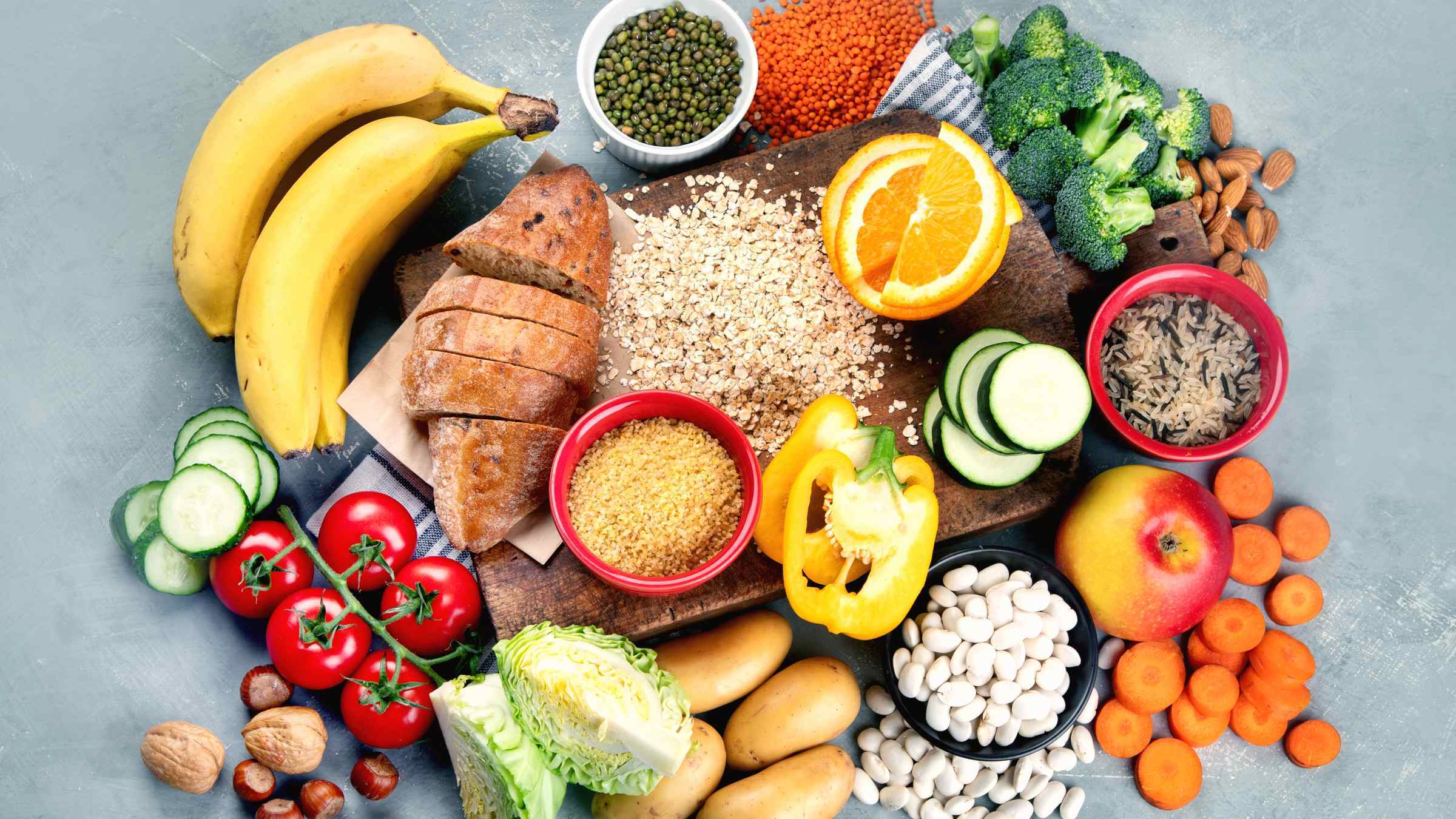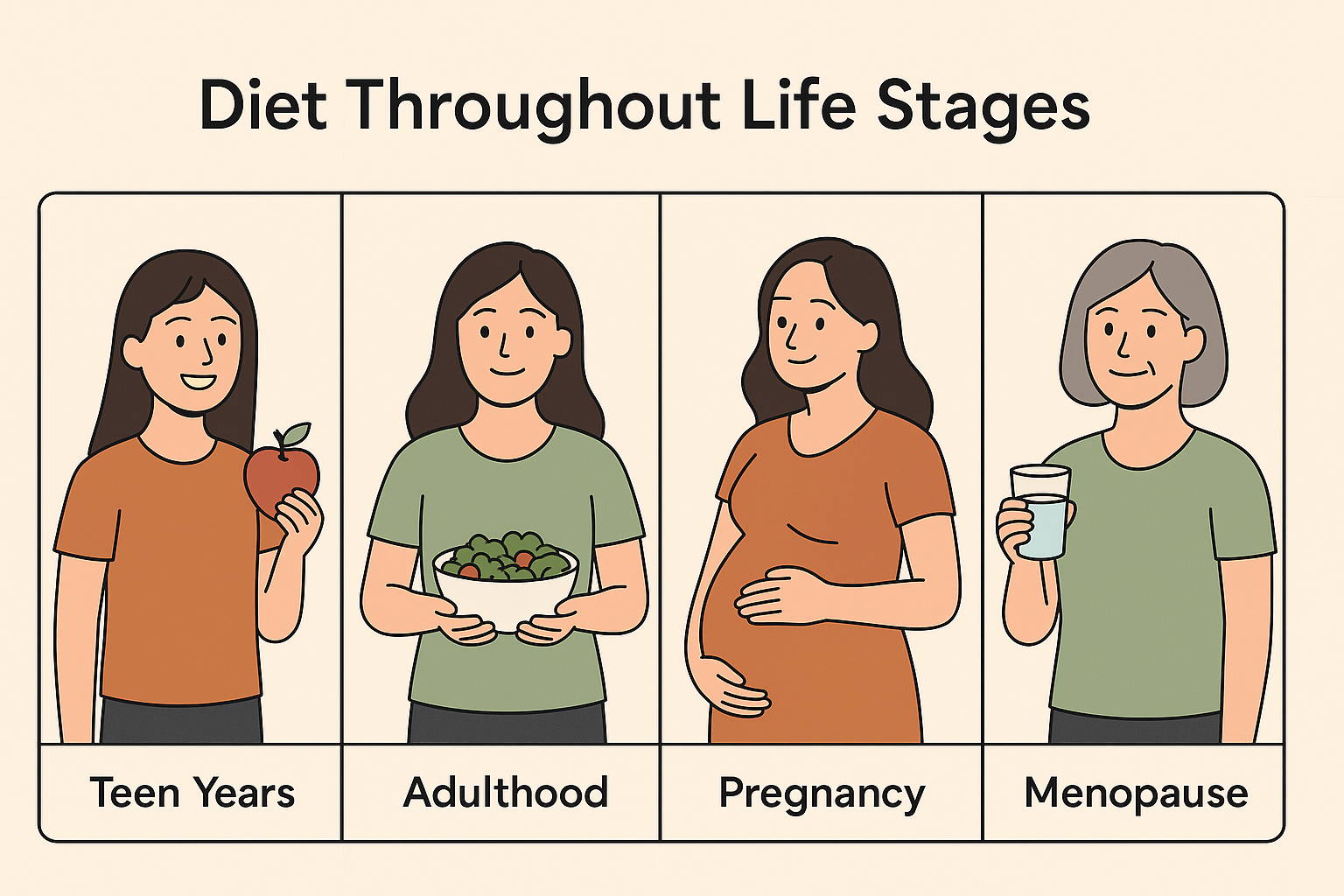Healthy Eating Habits for Women: A Comprehensive Guide
🕑9 min read | Published: June 28, 2025 | By: Aadvik Foods
Nourishing your body with the right foods is crucial for optimal health and well-being. This is especially true for women, whose nutritional needs can fluctuate throughout life. From hormonal changes to specific health concerns, understanding how to eat for your individual needs is key. Here at Aadvik Foods, we believe in empowering women with the right knowledge to make informed dietary choices.

This comprehensive guide dives into the importance of a healthy diet for women, explores essential nutrients, and provides practical tips for creating a personalized eating plan. Whether you're a teenager navigating growth, a busy professional juggling work and family, or a woman experiencing menopause, this guide has something for you.
Why Nutrition Matters for Women
Women's bodies are wonderfully complex, with unique nutritional needs at different stages of life. Here's why prioritizing healthy eating is essential:

- Hormonal Balance: Diet plays a significant role in regulating hormones. Eating a balanced diet can help manage menstrual cycles, alleviate symptoms of PMS and menopause, and even improve fertility.
- Strong Bones and Muscles: Women are more susceptible to osteoporosis later in life. Consuming calcium, vitamin D, and protein helps maintain bone health and build strong muscles.
- Energy Levels: A diet rich in complex carbohydrates, healthy fats, and lean protein provides sustained energy throughout the day, keeping you feeling your best.
- Overall Health: A balanced diet contributes to a healthy immune system, reduces the risk of chronic diseases like heart disease and diabetes, and supports healthy brain function.
Essential Nutrients for Women
A well-rounded diet should incorporate a variety of foods from all food groups to ensure you're getting the essential nutrients your body needs.
- Proteins: Build and repair tissues, support muscle growth, and contribute to satiety. Aim for lean protein sources like chicken, fish, beans, lentils, and tofu.
- Carbohydrates: Provide energy for your body and brain. Choose complex carbohydrates from whole grains, fruits, and vegetables over refined carbohydrates like white bread and sugary drinks.
- Fats: Essential for brain health, hormone production, and nutrient absorption. Opt for healthy fats found in avocados, nuts, seeds, olive oil, and fatty fish.
- Vitamins and Minerals: Play vital roles in various bodily functions. Here are some particularly important ones for women:
- Iron: Crucial for healthy red blood cell production, especially important during menstruation and pregnancy.
- Calcium and Vitamin D: Essential for strong bones and teeth.
- B Vitamins: Support energy production and cell metabolism.
- Folic Acid: Essential for fetal development and cell health.
- Magnesium: Supports muscle function and regulates blood pressure.
- Probiotics: These beneficial bacteria in fermented foods like yogurt and kimchi can contribute to gut health, which impacts overall well-being.

Diet Throughout Life Stages
- Teen Years: Increased calcium intake for developing bones and iron for regular menstrual cycles is crucial. Focus on whole grains, fruits, vegetables, and lean protein sources.
- Adulthood: Maintain a balanced diet with an emphasis on protein, healthy fats, and bone-strengthening nutrients like calcium and vitamin D.
- Pregnancy: Increased caloric needs necessitate a well-rounded diet rich in folic acid, iron, calcium, and protein for both mother and baby's development.
- Menopause: Decreasing estrogen levels can affect bone health and metabolism. Prioritize calcium, vitamin D, and healthy fats in your diet.
Healthy Eating Habits to Adopt
- Plan Your Meals: Planning meals and snacks ahead of time helps avoid unhealthy choices when hunger strikes.
- Read Food Labels: Be mindful of added sugars, sodium, and saturated fats when selecting packaged foods.
- Cook More at Home: This allows you to control ingredients and portion sizes. Utilize Aadvik Foods' range of healthy and delicious products to simplify your home cooking.
- Practice Mindful Eating: Pay attention to hunger and fullness cues. Eat slowly and savor your food to avoid overeating.
- Stay Hydrated: Drinking plenty of water throughout the day promotes overall health and supports digestion.
- Limit Processed Foods: Opt for whole, unprocessed foods whenever possible.
- Don't Skip Meals: Regular meals keep your metabolism running and help maintain energy levels.
Frequently Asked Questions
What is the healthiest diet for women?
Which food is best for women's health?
Foods that support hormonal balance, bone strength, and energy levels are ideal. These include leafy greens, berries, whole grains, nuts, seeds, fatty fish, and functional foods like camel milk, which is rich in essential minerals.
What are the 7 healthy eating habits?
- Eat a variety of colorful whole foods
- Stay hydrated with water and natural fluids
- Eat at regular intervals don’t skip meals
- Practice portion control
- Limit processed and high-sugar foods
- Choose natural, nutrient-rich options
- Listen to your body and eat mindfully
How much food should a woman eat per day?
How to start eating healthy?
What is the perfect diet for a woman?
What is the 5:2 diet for females?
What is the best diet for a 30-year-old woman?
What are 10 healthy foods?
- Spinach
- Berries
- Almonds
- Sweet potatoes
- Avocados
- Yogurt
- Oats
- Lentils
- Eggs
- Camel milk (a nutrient-rich superfood)


